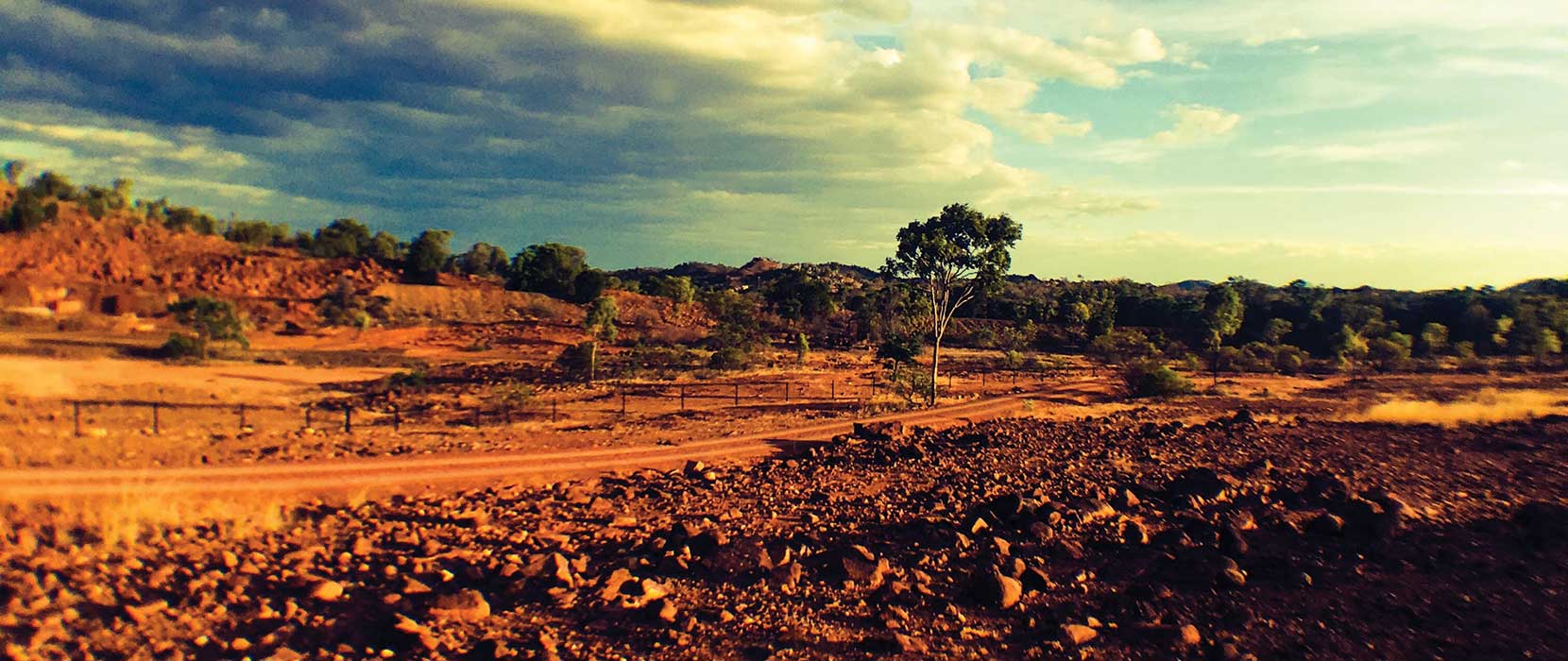Creative Strategies for Water Governance —
If people cannot imagine using water differently, or cannot imagine a world in which water is managed differently, then they will not easily change their water consumptive behaviours. How local, regional and national communities imagine themselves in relation to water, and water rights, is crucial to understanding how best to change that community’s behaviours in relation to water governance.”
‘ … And we can bless again
The drumming of an army
The steady, soaking rain… ‘
These lines are from Dorothea Mackellar’s famous poem My Country. They are not the ‘… sunburnt country/A land of sweeping plains/rugged mountain ranges…’ that most Australians are familiar with, but rather describe the advent of drenching rain, too often a rarity in the ‘wide brown land’ we inhabit. In this project the researchers want to understand how Australians imagine they might manage water in the driest continent on the planet.
The need for innovative water policy calls for creative strategies involving a fundamental re-imagining of water governance. The key word here is ‘imagination’. How people imagine water is crucial to how they utilize and manage water as a natural resource. If water is imagined as endless, renewed by nature, in infinite supply, people will treat it very differently than if water is imagined as a finite resource, defined by scarcity. If people cannot imagine using water differently, or cannot imagine a world in which water is managed differently, then they will not easily change their water consumptive behaviours. How local, regional and national communities imagine themselves in relation to water, and water rights, is crucial to understanding how best to change that community’s behaviours in relation to water governance.
The need for innovative water policy calls for creative strategies involving a fundamental re-imagining of water governance. The key word here is ‘imagination’. How people imagine water is crucial to how they utilize and manage water as a natural resource. If water is imagined as endless, renewed by nature, in infinite supply, people will treat it very differently than if water is imagined as a finite resource, defined by scarcity. If people cannot imagine using water differently, or cannot imagine a world in which water is managed differently, then they will not easily change their water consumptive behaviours. How local, regional and national communities imagine themselves in relation to water, and water rights, is crucial to understanding how best to change that community’s behaviours in relation to water governance.
Currently considerations of the power of the imagination to inform, drive and direct innovative water policy are absent in the design of water governance systems. This is a critical omission because the way people think about water, as a public and private resource, in economic or emotional terms, in the past, present and future, is shaped by the way they imagine their water heritage. This in turn is shaped by cultural beliefs and values that sustain this imagining, and the way these change, or do not change, from one generation to the next. Understanding this is necessary, the researchers argue, in order to inspire the flexible, collaborative approaches to water governance systems that can incorporate the relational complexities between ecosystems and human culture. Mackellar’s My Country reminds us that literature, in its various forms, and with its nuanced imaginative range, stands as a rich repository of the beliefs, assumptions, fears and desires that influence and mould the cultural imaginings of water. Such literary expression constitutes a form of knowledge, and such knowledge can inform approaches to reimagining water policy.
Dr Louise Noble, School of Arts
Dr Stephen Harris, School of Arts
Associate Professor Graham Marshall, School of Behavioural, Cognitive and Social Sciences


